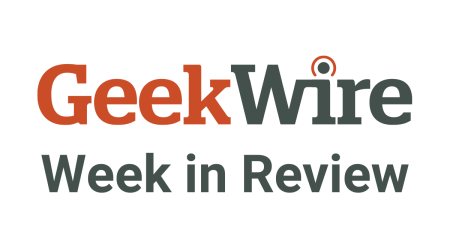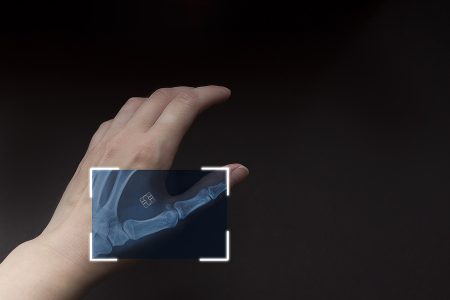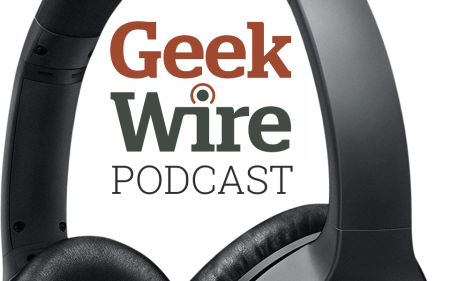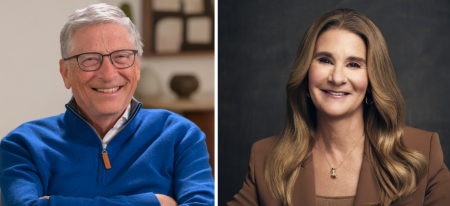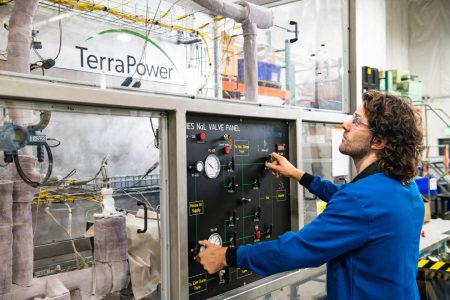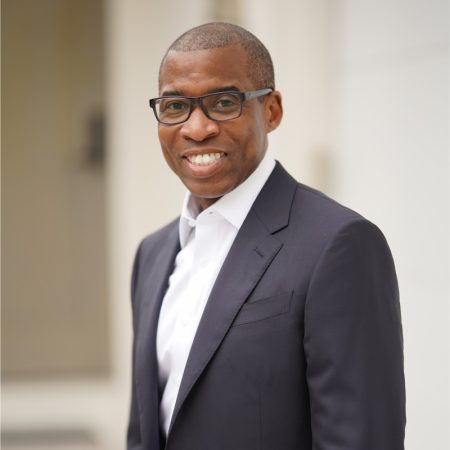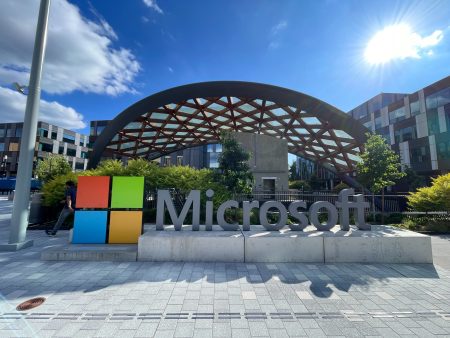Tech Week in Review: AI Innovations, Startup Shifts, and Industry Moves
In a whirlwind week of tech developments, the University of Washington’s Nobel Laureate David Baker lab made headlines with their breakthrough in using artificial intelligence to design antibodies from scratch. This remarkable achievement signals a new frontier in medicine where AI doesn’t just enhance existing solutions but creates entirely new ones. The research team has demonstrated how computational methods can now produce novel antibodies without requiring natural templates, potentially revolutionizing treatments for a range of diseases. This innovation represents a significant leap forward in biomedical research, showcasing how AI can accelerate discoveries that might have taken decades through traditional methods. Not surprisingly, this groundbreaking approach has attracted substantial interest from both the scientific community and pharmaceutical industry partners looking to translate these findings into practical applications.
Meanwhile, the entrepreneurial landscape saw compelling human stories unfold, including Adrienne Chan’s journey from University of Washington graduate to business founder. Chan’s story resonates with many aspiring entrepreneurs who struggle with the tension between conventional career paths and the pull of innovation. Her experience highlights the very real challenges faced by new founders, from securing initial funding to navigating market uncertainties. At the same time, established companies faced their own challenges, as exemplified by a once-celebrated Seattle crafting startup that has recently encountered significant turbulence. After taking the home crafting world by storm in 2015, the company has faced layoffs and operational difficulties, demonstrating how even the most promising ventures must continuously adapt to changing market conditions and consumer preferences to maintain their momentum in today’s fast-paced business environment.
Amazon continues to reshape the retail landscape with its latest innovation: a “store within a store” concept launched at a Whole Foods Market outside Philadelphia. This hybrid shopping experience blends Whole Foods’ natural and organic offerings with national brands through an in-app ordering system supported by robotic fulfillment. The approach represents Amazon’s ongoing efforts to marry digital convenience with physical retail experiences, potentially offering consumers the best of both worlds. The integration of robotics into the fulfillment process also highlights how automation is becoming increasingly visible in everyday shopping experiences. This development marks another step in Amazon’s strategy to reimagine grocery shopping while leveraging the Whole Foods acquisition to experiment with new retail concepts that could eventually reshape consumer expectations across the industry.
The intersection of AI and creative industries continues to evolve in nuanced ways, as illustrated by Marissa Coughlin’s perspective on technology in publishing. While maintaining firm boundaries against AI-generated creative content like books and cover illustrations, Coughlin enthusiastically embraces AI tools for business operations and marketing. This balanced approach reflects a growing consensus among creative professionals who see AI as a powerful tool for handling routine tasks while preserving human creativity for the work that requires emotional intelligence and artistic vision. Her stance represents a thoughtful middle ground in the ongoing conversation about AI’s role in creative fields – acknowledging its utility while protecting the core human elements that give creative works their distinctive character and emotional resonance.
In the biotech sector, a Seattle startup with roots in a Nobel laureate’s lab secured $12.7 million in funding and partnerships with pharmaceutical giants Pfizer and Kite Pharma. The company’s innovative approach uses artificial intelligence to design proteins capable of mounting multi-faceted attacks against diseases. This represents another example of how computational approaches are transforming drug discovery and development, potentially reducing the time and resources required to bring new treatments to market. The significant investment from established pharmaceutical companies signals strong industry confidence in AI-driven approaches to solving complex medical challenges. The partnerships also demonstrate how startups can leverage breakthrough technologies to collaborate with industry leaders, combining innovative approaches with established manufacturing and distribution capabilities to accelerate bringing new treatments to patients.
The corporate landscape saw numerous leadership transitions and strategic shifts, with Smartsheet naming a new SVP, an AWS executive departing for an AI startup, and WatchGuard appointing a new CEO. These movements reflect the dynamic nature of the tech industry, where talent flows between established companies and emerging ventures. Meanwhile, Philips Ultrasound announced layoffs affecting 33 employees at its Bothell, Washington facility, highlighting ongoing adjustments in the healthcare technology sector. On the innovation front, voice-activated smart glasses emerged as a promising tool for industrial applications, using AI to help workers capture visual data and communicate while keeping their hands free for essential tasks. This development underscores the growing importance of wearable technology in industrial settings, where safety and efficiency are paramount concerns. The integration of AI into these devices points toward a future where augmented reality becomes increasingly commonplace in various work environments, from manufacturing floors to field service operations.




